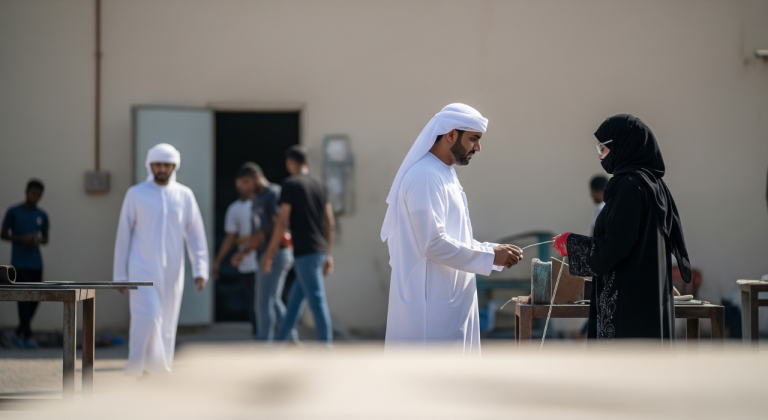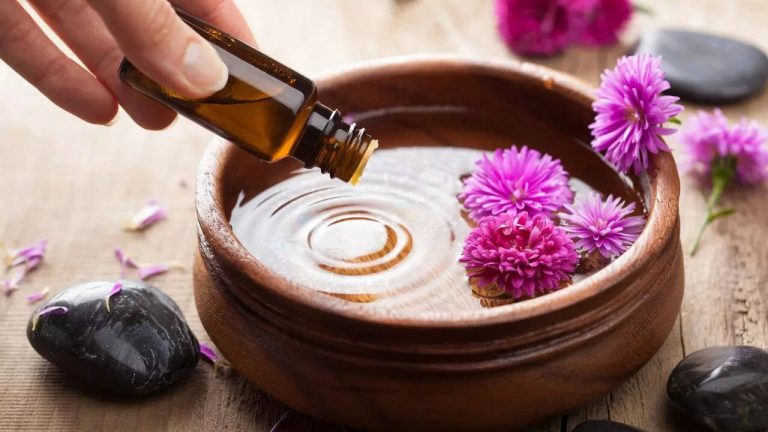Embracing a Balanced Lifestyle: Tips for Holistic Well-being
Takeaways: A balanced lifestyle encompasses physical health, mental clarity, emotional stability, and social connections. By focusing on nutrition, exercise, mindfulness, and community engagement, you can enhance your overall well-being and lead a more fulfilling life.
Understanding a Balanced Lifestyle
What is a Balanced Lifestyle?

The Importance of Balance
Striving for balance in life is crucial because it leads to improved physical and mental health. When we neglect certain areas, such as self-care or social interactions, we can experience burnout, stress, or health issues. A balanced lifestyle helps prevent these problems and fosters resilience, happiness, and longevity.
Key Components of a Balanced Lifestyle
Several key components contribute to a balanced lifestyle, including:
- Nutrition
- Physical Activity
- Mental Health Practices
- Social Connections
- Personal Development
Nutrition for a Balanced Lifestyle
Understanding Nutritional Basics

Meal Planning and Preparation
Effective meal planning can help you maintain a balanced diet. By preparing meals in advance, you can ensure you have healthy options available, reducing the temptation to resort to fast food or unhealthy snacks. Consider incorporating a mix of food groups and experimenting with new recipes to keep meals exciting.
Mindful Eating Practices
Mindful eating encourages individuals to slow down and appreciate their food. This practice can enhance your relationship with food and help prevent overeating. Techniques include savoring each bite, paying attention to hunger cues, and reducing distractions during meals.
Physical Activity and Exercise
The Role of Exercise in Well-being

Types of Physical Activities
There are various forms of physical activity to consider, including:
- Aerobic exercises (walking, running, cycling)
- Strength training (weight lifting, resistance exercises)
- Flexibility and balance exercises (yoga, Pilates)
- Recreational activities (dance, sports)
Creating an Exercise Routine
Establishing a consistent exercise routine can be beneficial for maintaining physical and mental health. Aim for at least 150 minutes of moderate-intensity aerobic activity each week, along with muscle-strengthening activities on two or more days. Find activities you enjoy to make it easier to stick with your routine.
Mental Health and Mindfulness
The Importance of Mental Health

Practicing Mindfulness
Mindfulness is the practice of being present in the moment without judgment. It can reduce stress, improve focus, and enhance emotional regulation. Techniques include meditation, deep breathing exercises, and mindful observation.
Seeking Professional Help
If you’re struggling with mental health issues, seeking help from a mental health professional can be beneficial. Therapy, counseling, and support groups can provide valuable tools and support for managing mental health challenges.
Building Strong Social Connections
The Importance of Community

Ways to Cultivate Relationships
There are several ways to cultivate strong social connections, including:
- Participating in community events
- Joining clubs or groups with shared interests
- Reaching out to friends regularly
- Volunteering for local organizations
Maintaining Healthy Boundaries
While building relationships is important, it’s also essential to maintain healthy boundaries. This means knowing when to say no and ensuring that your relationships are mutually supportive and fulfilling.
Personal Growth and Development
The Role of Personal Growth

Setting Goals for Growth
Setting specific, measurable, achievable, relevant, and time-bound (SMART) goals can help guide your personal growth journey. Break down larger goals into smaller steps and celebrate your progress along the way.
Embracing Lifelong Learning
Lifelong learning is the practice of continuously seeking knowledge and skills throughout your life. This can involve formal education, online courses, workshops, or self-directed learning through books and resources. Embracing lifelong learning can keep your mind sharp and open new opportunities.
Conclusion

FAQs
What are the signs of an imbalanced lifestyle?

How can I start making changes to achieve balance?
Start by assessing different areas of your life and identifying where you might need to make changes. Set small, achievable goals in areas like nutrition, exercise, and social connections to begin your journey toward balance.
Is it possible to achieve balance in a busy life?
Yes, achieving balance is possible even in a busy life. It often requires intentional planning and prioritizing self-care, setting boundaries, and making time for activities that promote well-being.
How often should I reevaluate my lifestyle choices?
It’s beneficial to reevaluate your lifestyle choices regularly, perhaps every few months, or whenever you feel stressed or out of sync. This allows you to make adjustments as needed to maintain balance.
What resources can help me on my journey to a balanced lifestyle?
There are various resources available, including books on personal development, online courses on wellness, and community programs focused on health and well-being. Consider seeking out support from friends, family, or professionals in the field.
Sources
- Healthline: What is a Balanced Diet?
- Verywell Mind: What is Mindfulness?
- Psychology Today: Personal Growth






